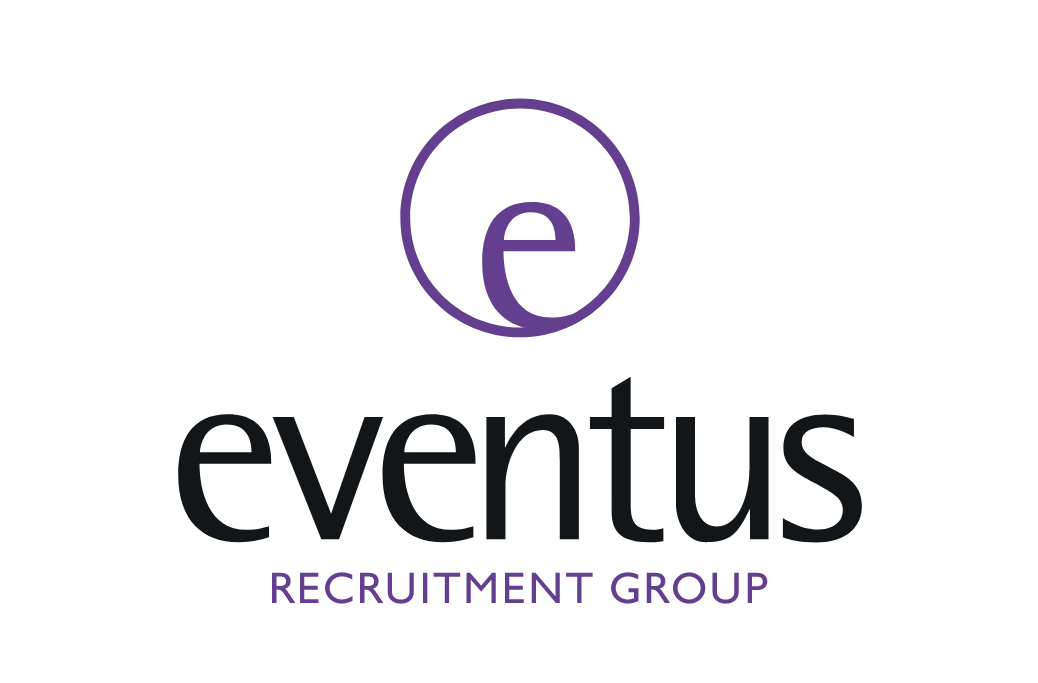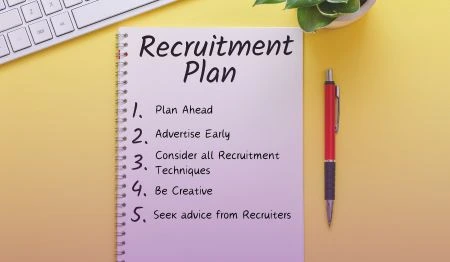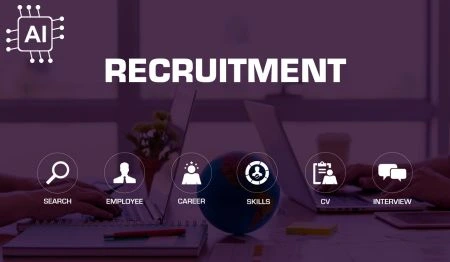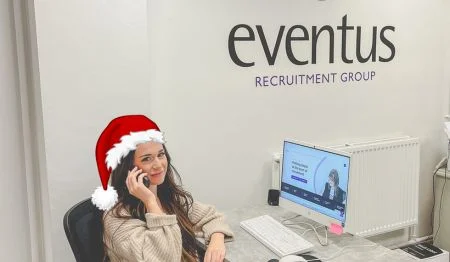The Eventus Recruitment Group are delighted to launch a Financial Services recruitment division. This expansion comes at an exciting time for the Lancaster and Wilmslow based recruitment group, as they have this month welcomed Duncan McIlroy to the team.
Duncan McIlroy – Financial Services Recruitment Specialist
Duncan, who has over 20 years’ experience in Financial Services Recruitment will head their new Financial Services division. Alongside the wider Eventus team specialising in Law and Legal Finance, and Accountancy, Duncan will connect talented professionals with Financial Services businesses across the North West.
Duncan will cover all recruitment and jobs within Pensions and Retirement, Financial Planning, Investments, Mortgages, Personal Protection and Employee Benefits.
Duncan McIlroy commented: “Upon meeting the team and
witnessing their dedication to ethical recruitment practices, joining Eventus
Recruitment Group became an obvious choice for me. I’m thrilled to bring my
Financial Services recruitment expertise and commitment to high service
standards to such a reputable organisation.”
How the expansion into Financial Services came about
Siobhan Courtney, Managing Director at the Eventus Recruitment Group, said: “We are always looking to expand our offering at the Eventus Recruitment Group. So, when I was approached by such an experienced recruiter to set up a financial services division for us it was an exciting proposition. We are delighted for Duncan to join us and about the success we know he will make of it.”
Utilising their combined experience of more than 90 years in recruitment, the Eventus Recruitment Group supports businesses and job searching professionals through every stage of the recruitment process. In addition, they offer impactful advice to enhance businesses’ recruitment strategies and the careers of professionals.
To view more about the services we offer within our Financial Services division, click here. Alternatively, contact Duncan directly at duncan.mcilroy@eventusfinance.com or call 07950 472 004.

















